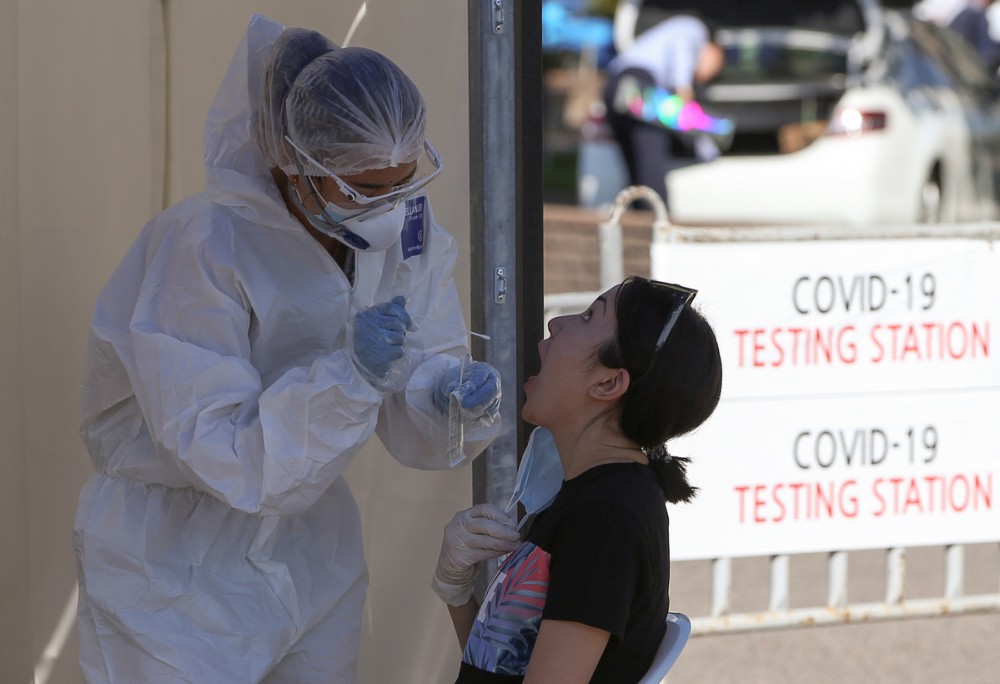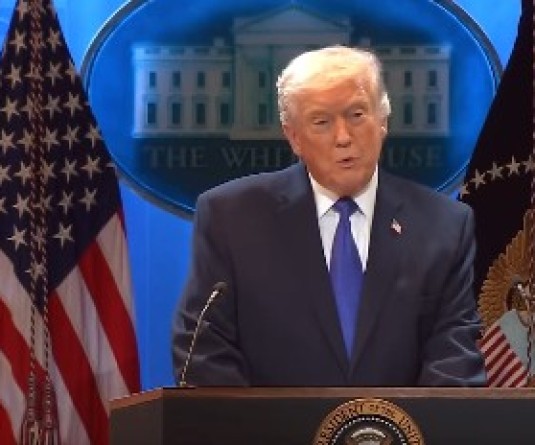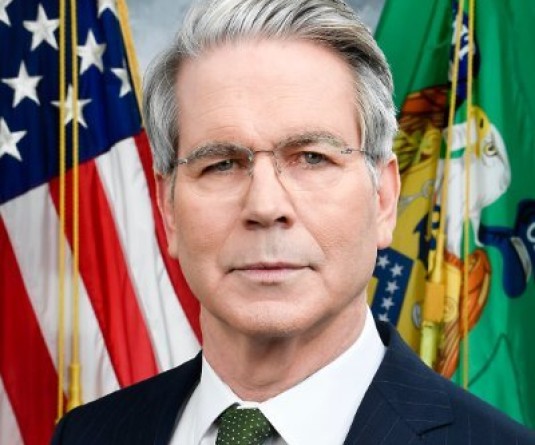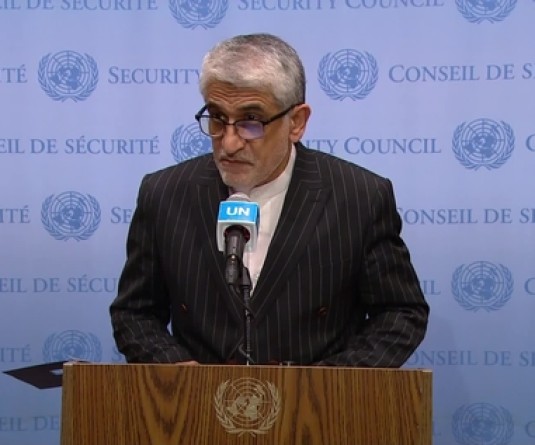
United Nations, August 4 (IANS) The full participation of women is essential for an effective response to the COVID-19 pandemic and also in the advancement of peace processes, said a UN policy brief released.
UN Women and the Department of Political and Peacebuilding Affairs on Monday launched a joint policy brief entitled "COVID-19 and Conflict: Advancing women's meaningful participation in ceasefires and peace processes," Xinhua news agency reported.
In support of UN secretary-general's call for a global ceasefire, the brief addresses "the importance of women's full, equal and meaningful participation to an effective pandemic response and to peacemaking efforts."
It also provides a preliminary analysis of the impact of COVID-19 on women's participation in ceasefires and peace processes and offers a series of recommendations, including on "building back better."
President of the UN General Assembly Tijjani Muhammad-Bande warned in July that advances in gender equality are greatly affected by the COVID-19 pandemic and this may mean a significant setback worldwide if inaction in this regard continues.
In March 2020, UN Secretary-General Antonio Guterres called for a global ceasefire to allow the world to address COVID-19.
Since the outbreak of the pandemic, women have been at the forefront of effective COVID-19 prevention and response efforts - from frontline service delivery to the highest levels of decision-making, said the UN chief.
The impact of the crisis on women in conflict-affected contexts is of particular concern. In these already tragic contexts, many women have had their access to sexual and reproductive health, livelihoods and other essential services severely restricted, according to the policy brief.
Women's increased exposure to the disease due to their high levels of engagement in paid and unpaid care work, the surge in domestic violence and already fragile health systems being overwhelmed are driving home the gender-differentiated impacts of the pandemic, said the brief.
Displaced, refugee, rural and other marginalized women face additional challenges including a lack of reliable information and access to critical technologies, the brief noted.





